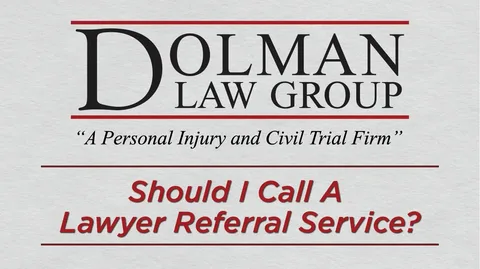Bad Faith Insurance Lawyers: Your Ultimate Guide
When dealing with insurance companies, you expect them to act in good faith and honor the terms of your policy. Unfortunately, this isn’t always the case. Sometimes, insurers engage in practices that are unfair or deceptive, leading to what is known as “bad faith.” This is where bad faith insurance lawyers come into play. They specialize in holding insurance companies accountable and ensuring that policyholders receive the benefits they are entitled to.

What is Bad Faith Insurance?
Bad faith insurance occurs when an insurance company fails to fulfill its obligations to its policyholders. This can include denying claims without a valid reason, delaying payments, or offering settlements that are far below what is fair. Essentially, it’s when the insurer acts in a way that is dishonest or unfair to the policyholder1.
Common Examples of Bad Faith Insurance
Unreasonable Denial of Claims
One of the most common forms of bad faith is the unreasonable denial of claims. This happens when an insurance company denies a claim without a valid reason, leaving the policyholder to bear the financial burden2.
Delays in Processing Claims
Another tactic used by some insurers is to delay the processing of claims. This can be incredibly frustrating for policyholders who are in urgent need of financial assistance3.
Lowball Settlement Offers
Insurance companies may also offer settlements that are significantly lower than what the policyholder is entitled to. This is a common strategy to minimize payouts and maximize profits4.

How to Identify Bad Faith Insurance Practices
Lack of Communication
If your insurance company is not returning your calls or providing updates on your claim, this could be a sign of bad faith5.
Inadequate Investigation
An insurer is required to thoroughly investigate a claim before making a decision. If they fail to do so, it could be considered bad faith.
Misrepresentation of Policy Terms
Sometimes, insurers will misrepresent the terms of the policy to avoid paying out claims. This is another clear indicator of bad faith.
Legal Remedies for Bad Faith Insurance
Filing a Lawsuit
One of the most effective ways to combat bad faith insurance practices is to file a lawsuit. This can compel the insurance company to honor the terms of the policy and provide the benefits you are entitled to.
Seeking Punitive Damages
In some cases, you may be able to seek punitive damages. These are designed to punish the insurer for their bad faith practices and deter them from engaging in similar behavior in the future.
The Role of Bad Faith Insurance Lawyers
Negotiation and Settlement
Bad faith insurance lawyers are skilled negotiators. They can help you negotiate a fair settlement with your insurance company, ensuring that you receive the benefits you are entitled to.
Litigation
If negotiation fails, these lawyers are prepared to take your case to court. They have the expertise and experience to effectively represent you in legal proceedings.
How to Choose the Right Bad Faith Insurance Lawyer
Experience and Expertise
When choosing a bad faith insurance lawyer, it’s crucial to consider their experience and expertise. Look for a lawyer who specializes in insurance law and has a proven track record of success.
Client Reviews and Testimonials
Client reviews and testimonials can provide valuable insights into a lawyer’s reputation and effectiveness. Look for positive feedback from previous clients to ensure you are making the right choice.

Conclusion
Dealing with bad faith insurance practices can be incredibly stressful and financially draining. However, with the help of a skilled bad faith insurance lawyer, you can hold your insurer accountable and secure the benefits you are entitled to. Remember to choose a lawyer with the right experience and expertise, and don’t hesitate to take legal action if necessary.
For more information on bad faith insurance and how to protect your rights, visit Forbes Advisor1 or Super Lawyers2.
1: Forbes Advisor 2: Super Lawyers 3: Lexinter 4: Herold Law 5: Law Nine : Forbes Advisor : Super Lawyers : Lexinter : Herold Law : Law Nine : Forbes Advisor : Super Lawyers : Lexinter
Leave a Reply